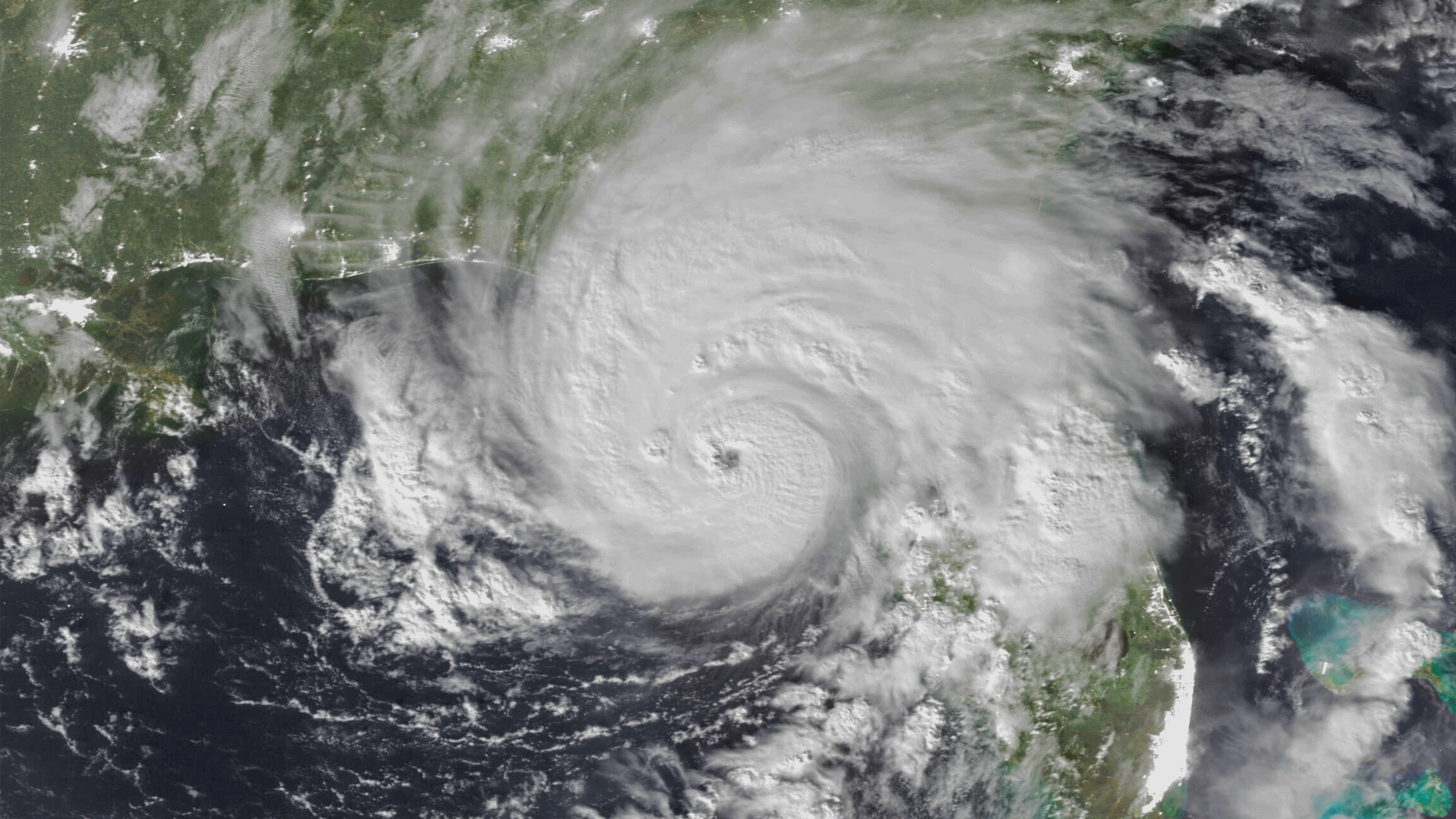By Danielle Lindsay, American Conservation Coalition
As Floridians, we know hurricane season brings more than just heavy winds and flooding rains — it threatens our power grid and energy security. With natural disasters growing in intensity, it’s clear that Florida needs a more resilient, diversified energy system. For many residents, the answer is right above our heads: solar power.
Despite Florida’s nickname, solar energy still plays a relatively small role in the state electricity generation and our national energy mix. Currently, solar accounts for only about 4% of total U.S. electricity generation. However, Florida is a bit ahead of the curve, with solar making up approximately 7% of the state’s electricity generation. This percentage, though small, has been growing rapidly, and Florida installed more solar capacity last year than ever before.
Solar energy has already proven its potential, and studies suggest its growth will accelerate. According to the Solar Energy Industries Association, the U.S. solar market is projected to triple in size over the next decade, with Florida leading the charge. The Sunshine State was the third-largest solar market in the country in 2022, with only California and Texas ahead. Florida’s rapid expansion in solar energy shows that Floridians are eager to take advantage of our state’s most abundant natural resource.

The benefits of solar go beyond just keeping the lights on during a storm. By embracing solar, Floridians can create local jobs, save on electricity bills and reduce dependence on out-of-state energy sources.
A more resilient grid is essential in the face of climate change, and solar power offers an effective solution. A 2024 study from the Lawrence Berkeley National Laboratory found that distributed solar energy, otherwise known as rooftop solar, can significantly reduce strain on the grid during peak demand, improving resilience when extreme weather strikes.
The solar tax credit, also known as the Investment Tax Credit (ITC), is a game-changer in making solar energy accessible for more homeowners. This federal policy gives Americans the opportunity to take clean energy into their own hands by providing a significant reduction in the upfront cost of installing solar panels.
By doing so, the ITC helps consumers make the switch to clean energy while reinforcing the idea of an “all-of-the-above” energy approach. This approach incorporates various energy sources — solar, wind, natural gas and nuclear — to meet our growing demands, increase energy efficiency and lower costs across the board.
In the long run, residential solar systems save Floridians money, while also improving grid resilience. The median solar customer saw bill savings of $1,987 annually. After rooftop solar installation, energy bills for the entire sample of adopters shifted from a median of 3.3% to 1.3% of household income.
During extreme weather events like hurricanes, homes equipped with solar energy and battery storage can stay powered even when the grid goes down. This is a crucial advantage in regions like ours, where storms can cause widespread outages for days or even weeks.

Additionally, the ITC has spurred tremendous job growth in the solar industry. Since its inception, it has created over 260,000 jobs nationwide, with many right here in Florida. These are not just temporary construction jobs — these are long-term, sustainable positions in a rapidly growing industry that promises to drive Florida’s economy forward.
A report from the Solar Foundation indicates that Florida’s solar industry in 2023 employed 14,108 workers, a 15% jump from 2022. This number is expected to grow significantly as more homes and businesses install solar systems.
Diversifying Florida’s energy sources with solar is not just smart — it’s essential. In today’s world, where climate change and geopolitical tensions can threaten our energy supplies, having a robust and varied energy mix is the best way to protect our state’s economy and security. Solar power, when combined with other forms of energy, will ensure that Florida remains strong, no matter the challenges we face.
The Sunshine State is the ideal place for solar energy to thrive. By harnessing the natural power of the sun, Floridians can safeguard their homes, create jobs, boost our economy and strengthen our energy independence. It’s time to invest in solar energy for the future of our state.
Danielle Lindsay is the Florida state director with the American Conservation Coalition (ACC). She is based in Orlando.
If you are interested in submitting an opinion piece to The Invading Sea, email Editor Nathan Crabbe at nc*****@*au.edu. Sign up for The Invading Sea newsletter by visiting here.




There should be no new fossil fuel generation plants including nuclear and hydrogen. The US must lead the way. Americans use more per capita energy than any other country. If we continue down the road with fossil fuels we will join the passenger pigeon.